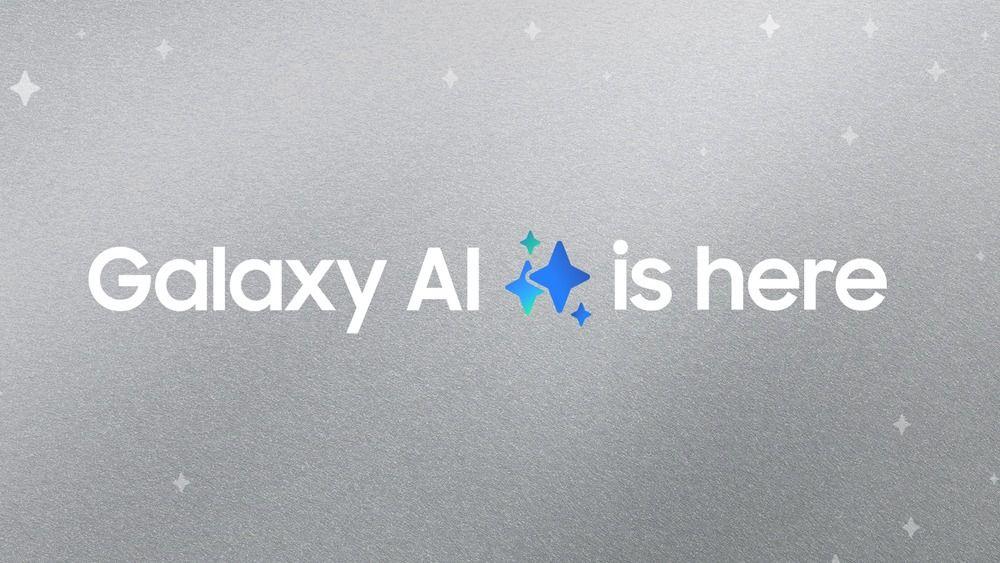Samsung’s AI Chief, Sebastian Seung, recently predicted that artificial intelligence (AI) will soon be found in every corner of life. This bold assertion suggests that the power of AI is set to transform multiple industries, revolutionize daily routines, and fundamentally change the way we interact with technology.
Seung’s statement comes at a time when advancements in AI are progressing at an unprecedented pace. Companies like Samsung are investing heavily in AI research and development, aiming to integrate this technology into various aspects of our lives. From smartphones and smart homes to healthcare and automotive industries, the opportunities for AI seem boundless.
One area where AI has already made significant advancements is in consumer electronics. Devices like smartphones, smart TVs, and even home appliances are now equipped with AI capabilities. These devices can recognize and respond to voice commands, personalize user experiences, and offer smart suggestions based on user preferences. Seung believes that this is just the beginning and that AI will become even more pervasive in consumer electronics, resulting in truly intelligent and intuitive devices.
Beyond consumer electronics, AI is set to revolutionize various industries. In healthcare, for example, AI can assist doctors in diagnosing diseases, analyzing medical images, and even predicting patient outcomes. AI-powered robots are also being developed to perform complex surgeries with unmatched precision. With these advancements, the future of healthcare is poised to become more proactive, personalized, and efficient.
The automotive industry is another sector where AI is set to have a profound impact. Self-driving cars, powered by AI algorithms, have the potential to transform transportation as we know it. With advanced sensors, cameras, and radar systems, these cars can navigate busy streets, respond to traffic, and avoid accidents more effectively than human drivers. This technology has the potential to enhance road safety, reduce congestion, and lower carbon emissions.
Seung also believes that AI will play a crucial role in addressing some of the world’s most pressing challenges, such as climate change and poverty. AI algorithms can analyze large datasets and identify patterns that could help find solutions to complex problems. For instance, AI can optimize energy consumption, develop sustainable farming practices, and even predict natural disasters. By harnessing the power of AI, we could make significant strides in creating a more sustainable and equitable world.
However, with the integration of AI into every corner of life, ethical concerns and potential risks also arise. Issues like privacy, bias, and job displacement need to be carefully addressed. It becomes crucial to develop robust regulations and ethical frameworks to ensure AI technologies benefit humanity without compromising our values.
Seung’s prediction serves as a reminder of the transformative potential of AI. Samsung’s commitment to advancing AI technology showcases the company’s ambition to make AI ubiquitous, improving various aspects of our lives. As AI continues to evolve, we are on the cusp of a new era where human-machine collaboration becomes the norm. The future promises to be exciting, challenging, and, above all, filled with boundless possibilities.
Hey Subscribe to our newsletter for more articles like this directly to your email.
